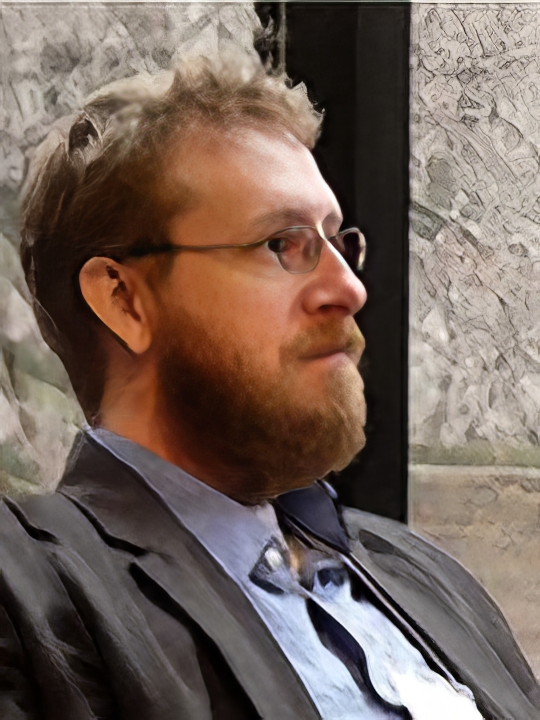Michael Schandorf
Research / Teaching Area
About
At one time a scientific-medical editor and writer in the US and Hong Kong, I have taught writing, communication, and rhetoric at American universities for over a decade. My research and teaching interests are rooted in questions about how and why people believe the things that they do, and how language and interactional practices generate, shape, and influence those beliefs and the values they are based on—which, in turn, shape and influence ideas of ourselves and our identities in relation to others. In addressing such questions, my scholarship has drawn from a range of disciplinary perspectives (in the humanities, social sciences, and cognitive sciences) to inform theories of rhetoric and communication, with a particular emphasis on digital media and political communication. A recent example is a chapter in the Routledge Handbook of Digital Writing and Rhetoric on the social media and rhetorical practices of the 2016 Standing Rock protests. In my classes, we tend to pay special attention to how forms of communication and interaction make possible or constrain different ways of thinking by shaping our assumptions and expectations
Teaching
Additional Description
It’s No Game: The Idea of Competition
The idea of competition is so fundamental to Western culture that we often take it for granted as a natural good. Nearly every aspect of our lives involves competition: we compete in school and for jobs, we compete both socially and at work, we compete in games for fun, and when we’re not competing ourselves we spend much of our time enjoying watching others compete. But our obsession with competition has complications. For example, a world divided into winners and losers is an inherently inequitable world: there will always be more “losers” than “winners”. Competition also has interesting relationships with our need for social cohesion. Attempting to disentangle cooperation from competition, in fact, can undermine both: a lack of either can lead to unproductive stasis, and worse, but a complete integration of cooperation and competition can lead to us-versus-them thinking and even war (which American rhetorical scholar Kenneth Burke called “the ultimate disease of cooperation”). This seminar will explore some of the ways that competition has been investigated in recent scholarship, and students will design and produce a research project of their own contributing to that scholarly conversation.
